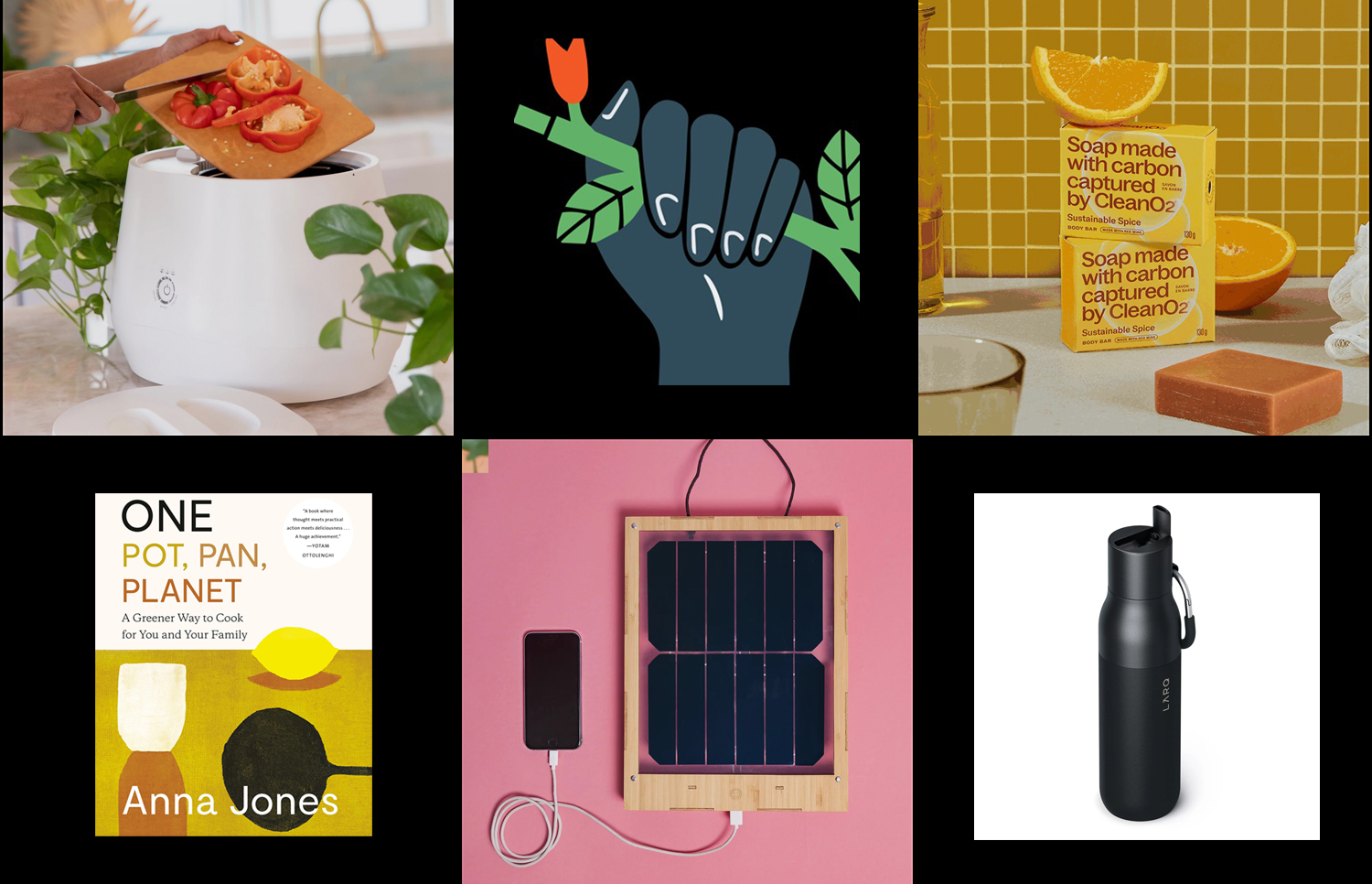
The holiday season is of course a wonderful time of year to reconnect and spend time with loved ones but in many parts of the world, it’s also become a stretch of the calendar where waste of all sorts grows significantly. Obviously, we’re not going to suggest you cancel your holiday plans, but there are ways to be extra mindful of your climate impact this year. One way: the climate team at TIME put together this list of climate-conscious gifts, ranging in scale from $10 stocking stuffers to game-changing appliances with tech as exciting as any Apple product.
(TIME did not receive payment or compensation for featuring these items, which were decided on solely by the editorial team.)
Climate-Friendly Cookbook

I became a vegetarian over a decade ago after I learned how impactful eating meat is for the environment. Since then I’ve enjoyed exploring new ingredients and recipes—including from “One: Pot, Pan, Planet: A greener way to cook for you, your family and the planet” by Anna Jones, a London-based cook and food writer. Not only does this cookbook put to rest any lingering reservations someone might have that a satisfying meal requires an animal protein on the plate, but it also helps climate-curious home cooks navigate questions around how to minimize their entire cooking footprint—from avoiding food waste to energy-efficient techniques. This is a great gift to introduce loved ones to more environmentally friendly food habits. Bonus: cooking friends and family a delicious veggie-forward dish is also a fun, low-carbon gift to share. —Kyla Mandel
Buy now: $25-$30 new on AbeBooks.com, $32.25 on Bookshop.org
Clean Composting
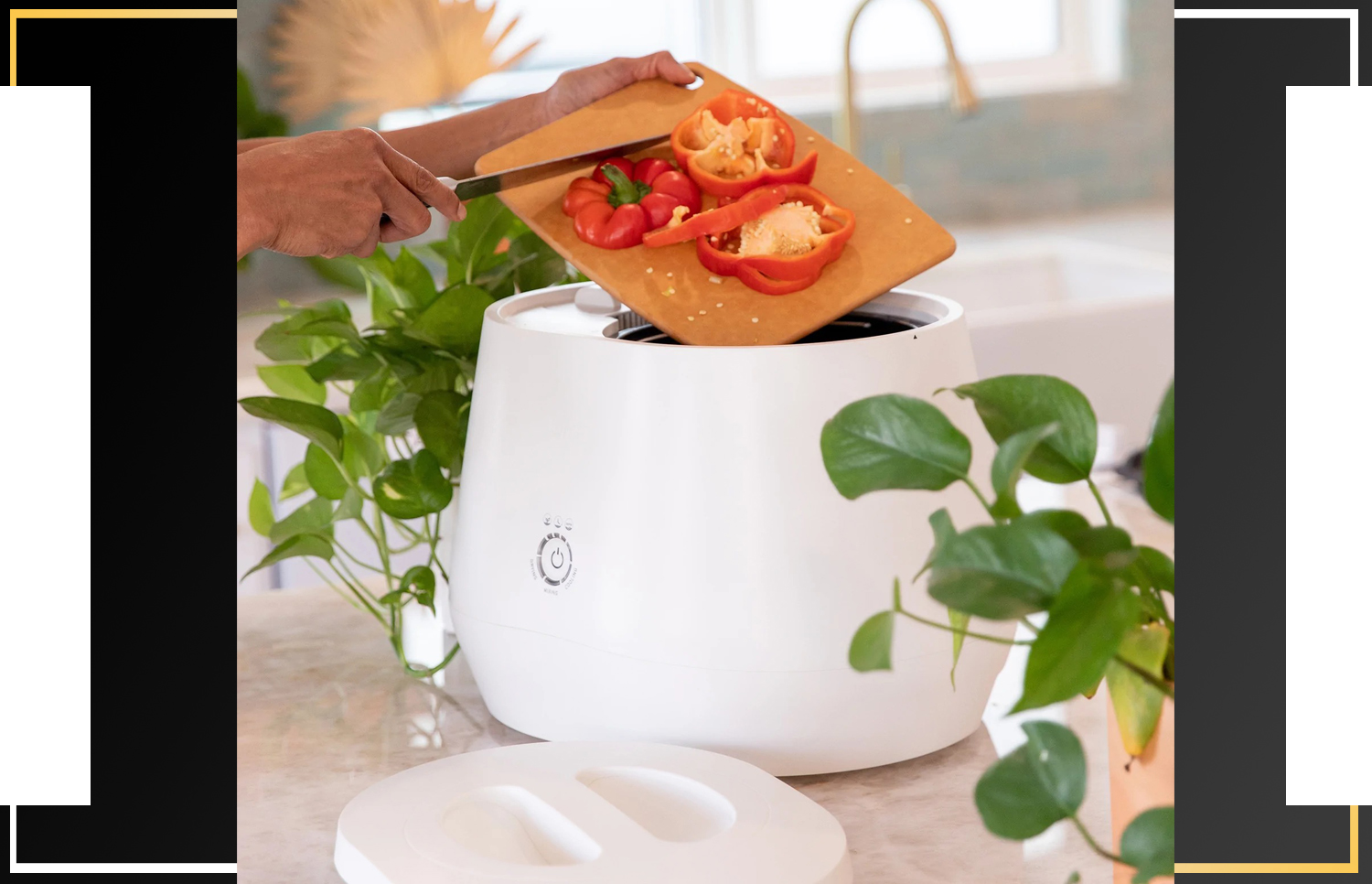
For the climate crusader who doesn’t have a garden or a municipal composting program, the responsible disposal of food scraps can be a real headache. Even the most zealous food-waste warriors are reluctant to deal with the mess and smell of rotting food at home, and most home compost systems still need to be emptied at community collection sites to finish the process. The Lomi countertop composter solves this problem by breaking down food scraps using a combination of heat, abrasion, and oxygen, in just a few hours. The end product, a dry and crumbly soil-like substance, can either be mixed with dirt for houseplants or placed in municipal bins designated for grass trimmings and leaves. The cost for a basic unit is $499, but their Black Friday price is $426, including extra filters. —Aryn Baker
Buy now: $426.16 on Lomi’s website, $499 on Amazon
A Christmas Sweater Made From Recycled Wool

Sweaters are a classic gift, and good for the planet, too, if you include a note for your loved one asking them to turn down the thermostat a couple degrees this winter. That will save carbon emissions, and money on energy bills. These ones from Patagonia are nice, and they’re made almost entirely from recycled wool and nylon. At $150, they’re not cheap, though. Even better is to find a good used sweater at a local thrift shop—or in the back of your closet somewhere. —Alejandro de la Garza & Ciara Nugent
Buy now: $150 on Patagonia’s website, $149 from Backcountry.com
A Gift of Heat

Heat pumps are a great way to heat and cool a home while reducing emissions and saving money. But they have high installation costs, and usually require a wholesale replacement of the household heating and cooling system. For those who live in rented apartments, that’s a tricky proposition. Gradient’s window-mounted heat pump provides a portable alternative. Their sleek unit straddles a windowsill and provides low-to-no-emissions heating and cooling year-round, depending on how your city powers its grid. Earlier this year New York City officials announced that they would invest $70 million to buy 30,000 heat pumps for city-owned apartments. For those with less generous landlords, and more generous friends, a Gradient unit costs $1,999. Pre-order for spring 2023 delivery. —Aryn Baker
Buy now: You can reserve a Gradient heat pump for $99 on the company’s website
A Used Bike

If you can get someone to replace a few car or cab journeys in their week with a bike trip, you’ll be cutting into the largest part of the average American’s carbon emissions. Now, I live in London, and I can’t pretend that cycling infrastructure is as great across the U.S. as it is in Europe. But the more people that choose to bike rather than drive, the more local officials are likely to make changes to city streets. Plus, it’s one of the only forms of exercise I don’t hate. You can find good used bikes, to save on unnecessary manufacturing emissions, for a couple of hundred dollars on exchanges like Pinkbike, or at your local bike shop, to save on delivery emissions. —Ciara Nugent
Climate Journalism
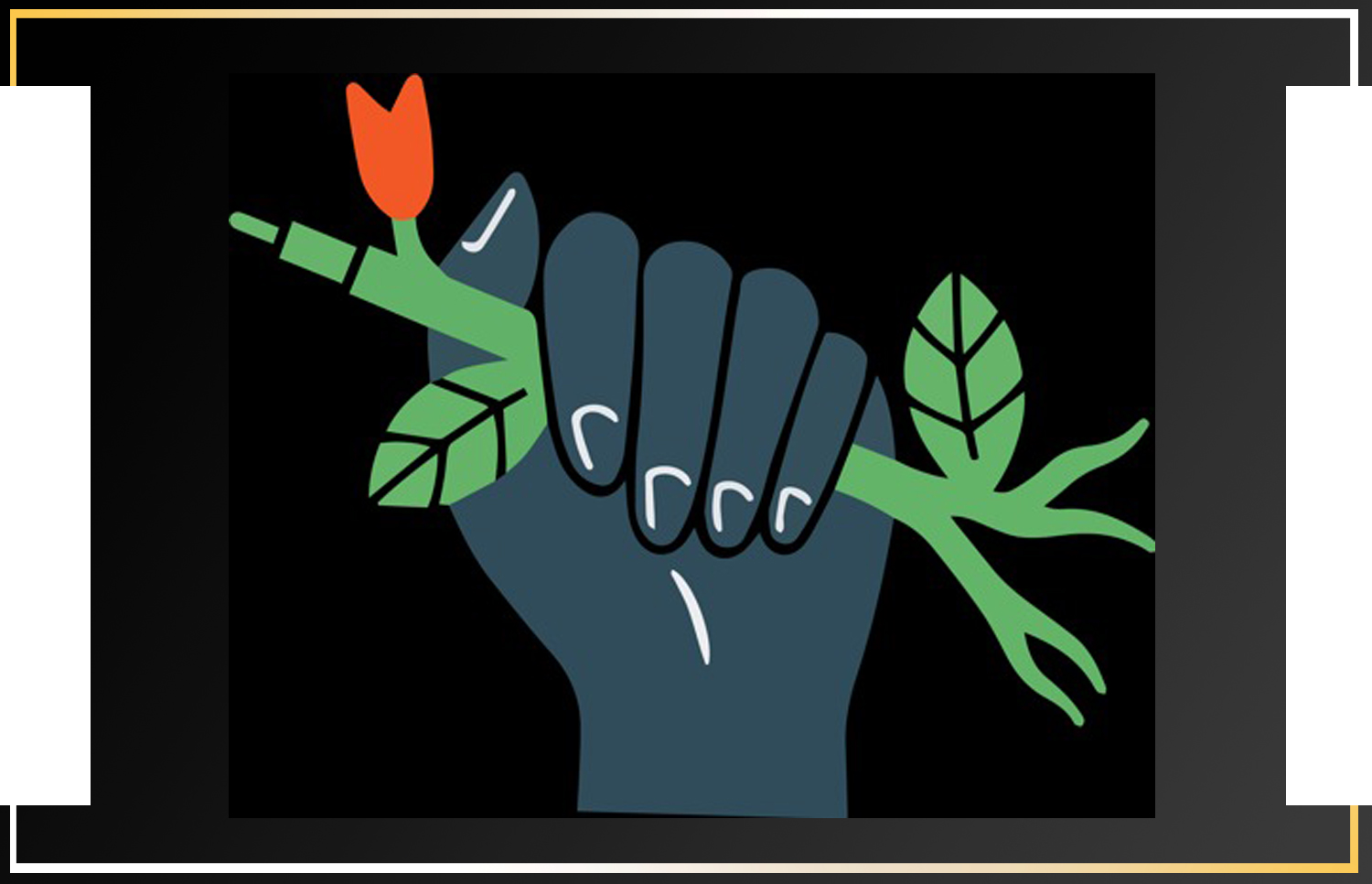
Getting a card that says there was a donation made in your name is certainly nowhere near the immediate thrill of unboxing some shiny new electronic product, but to the most climate-conscious people in your life, it may provide a sense of happiness with much more staying power. After all, it’s a gift with essentially zero carbon footprint and, depending on what organization you donate to, may have a real impact on solving the climate crisis. One suggestion: the Uproot Project, a relatively new non-profit dedicated to developing and promoting journalists of color who cover environmental issues. I can’t say strongly enough how much we need more well-trained and better funded climate journalists—and how important it is that the field becomes more diverse. (And of course, any donation—which can be made in any amount—to a registered non-profit is tax deductible, if that helps.) —Elijah Wolfson
Window Solar Charger
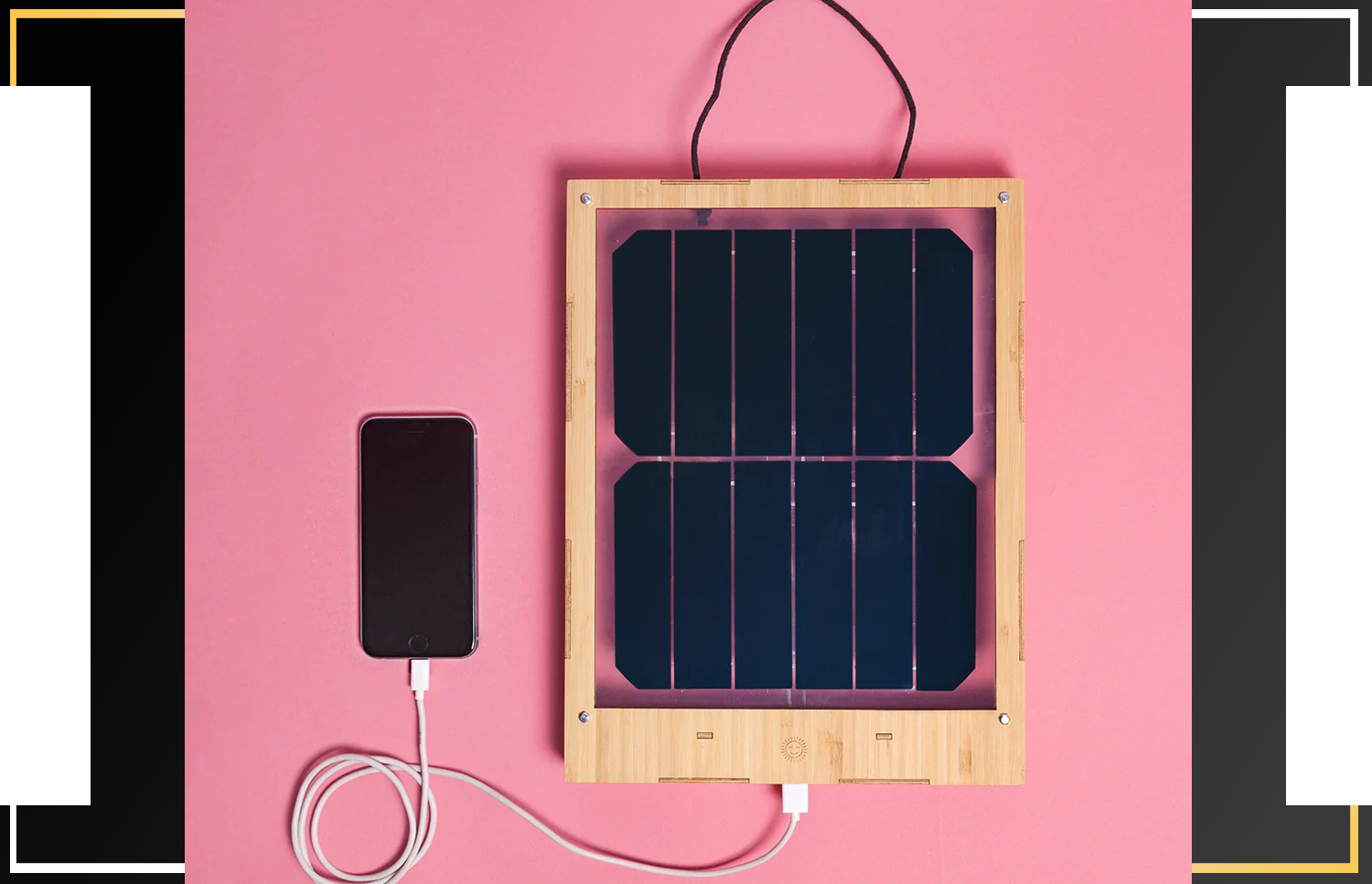
I would love for Santa to install some solar panels on my roof this year. But if the big guy can’t swing it, I’d settle for a 10-megawatt window unit from Grouphug ($149, or $109 if you catch the Black Friday sale) that has a built-in battery. The device is effectively a scaled-down alternative household power source that can charge personal devices like phones, smart watches, AirPods, bike lights, speakers, and other electronics that can connect via USB. (The company also sells USB-C adapters for $4.) Unlike the rooftop systems, this power source won’t run refrigerators. But it will fit under the Christmas tree. —Emily Barone
Buy now: $109 at Grouphugtech.com (usually $149),
A Different Kind of Water Bottle
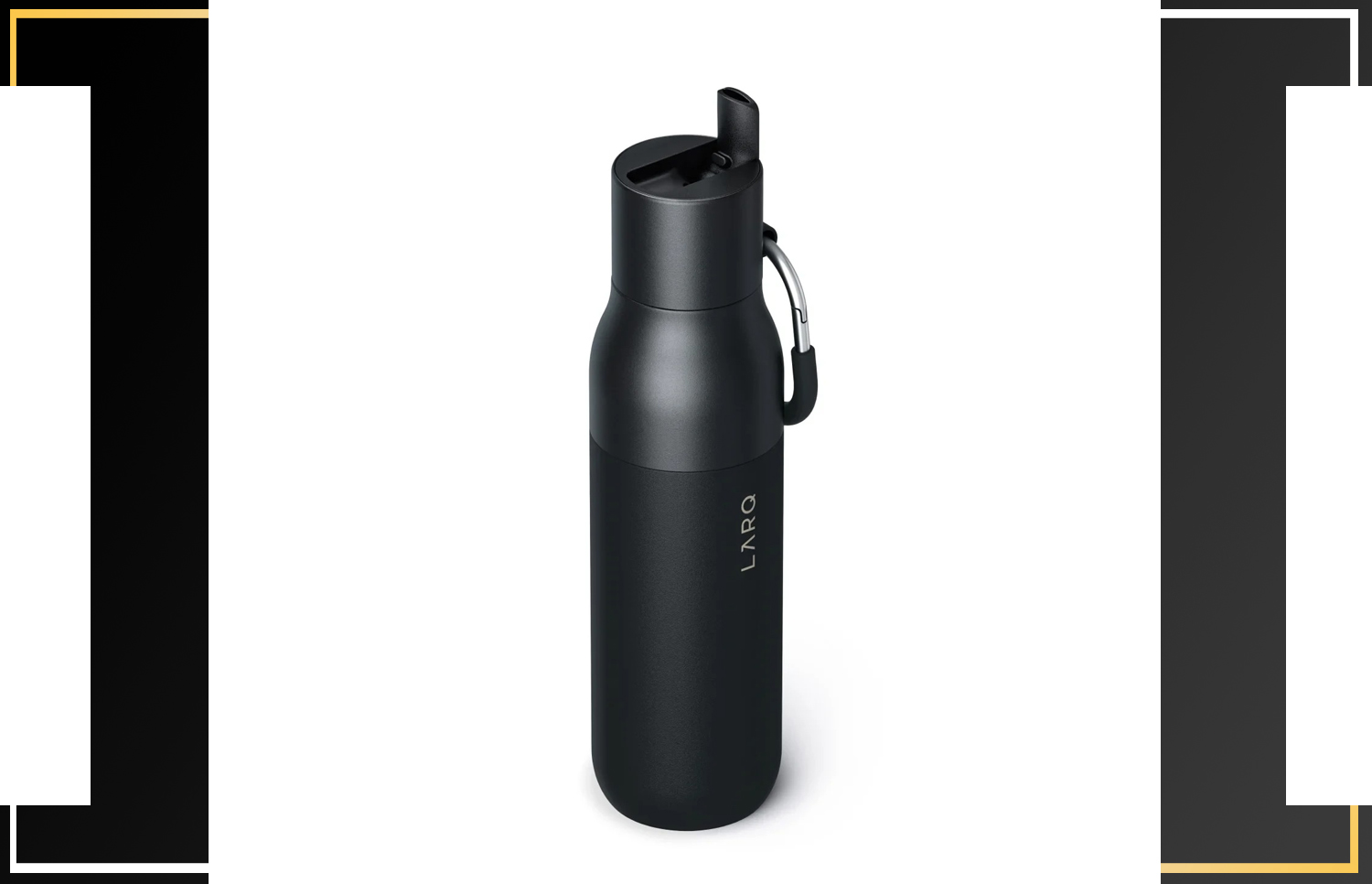
Priding itself as the world’s “first self-cleaning water bottle,” the LARQ Bottle Purevis contains a UV-C LED water purification system that the company says gets rid of 99% of bio-contaminants, including viruses, bacteria, and odors from both the water and the bottle itself. The rechargeable filtration system also comes in two settings, “normal” and “adventure” mode, allowing you to get clean drinking water from a city tap or a fresh-water stream. While it isn’t cheap, the LARQ bottle is a worthy investment not only for those who are always on the go, but also a welcome solution to limiting single-use plastics intake. —Rachel Sonis
Buy now: $84.15 on LARQ’s website, $99 from Amazon
Reusable Coffee Mug Slash Water Bottle
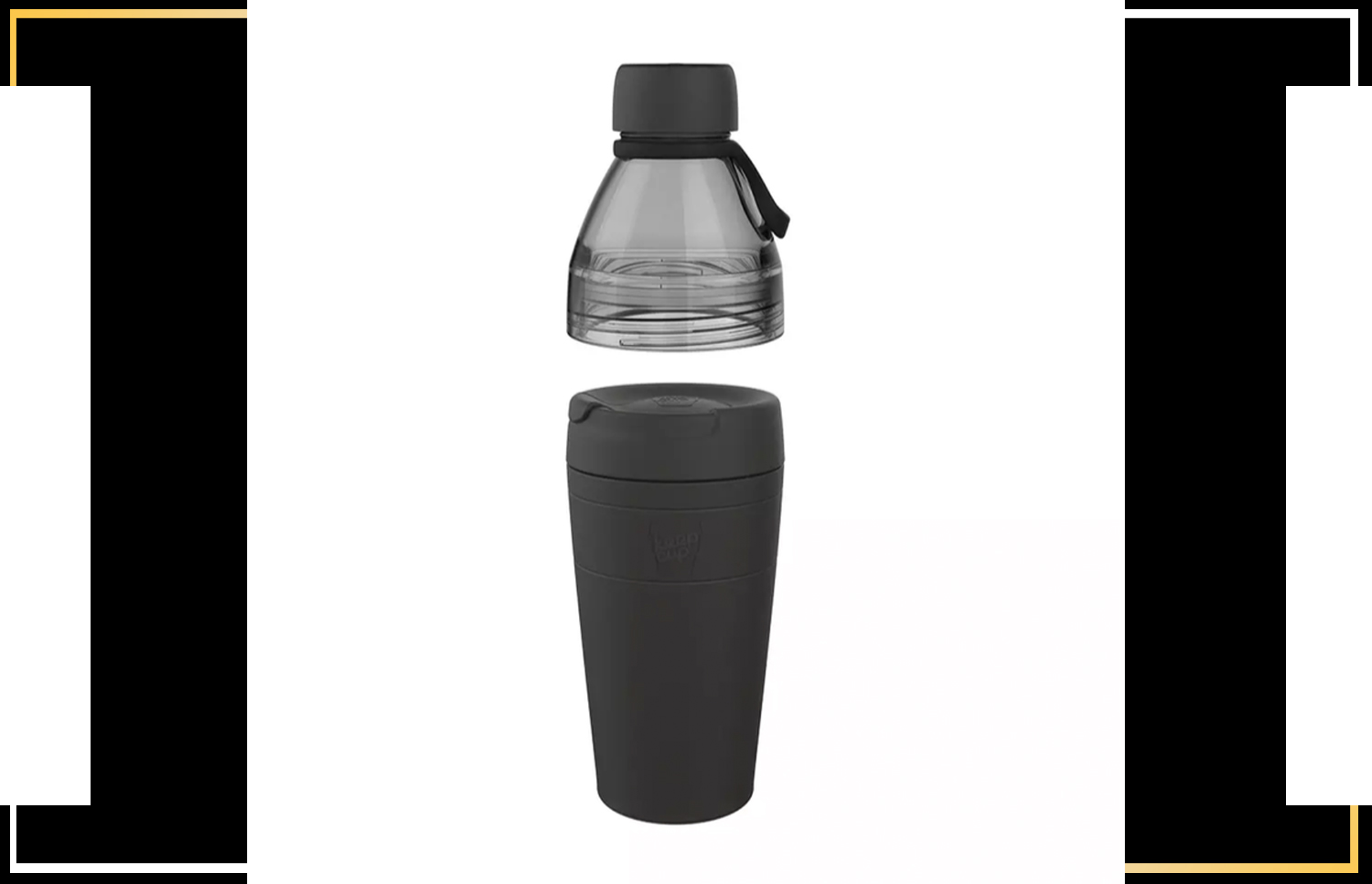
I’m a bit skeptical about the whole “buying stuff to save the world” idea—but as far as environmentally-friendly gadgets go, this combination coffee thermos and water bottle from KeepCup is pretty nifty. It has two different lid attachments to keep either hot or cold drinks, meaning you can eliminate the landfill waste and CO2 emissions of using paper coffee cups and plastic water bottles with one solution. —Alejandro de la Garza
Buy now: $49 on KeepCup’s website
Sustainable Beauty

For the person who says they already have too much stuff, how about local, low-emission flowers? Straddling the line between climate-friendly experiences and tangible objects, a weekly or monthly flower subscription provides perpetual beauty without waste, since both packaging and the flowers can be composted. The UK-based Bloom & Wild will deliver a box of locally sourced, seasonal flowers to locations in the UK, Austria, Germany, and France every month from $285 a year. In the U.S., Brooklyn-based Molly Oliver Flowers offers a bi-weekly bouquet of their hyper-local flowers—everything is grown within 200-miles of New York City—for $1,920 a year or $48-$70 a bouquet, if you want to reduce the frequency. On the West Coast, Matilda’s Bloombox out of the San Francisco Bay Area offers pay-as-you go deliveries starting from $39 that can be scheduled up to three months in advance. Each bunch, sourced from Bay-Area growers, comes with a charming tutorial on how best to arrange the selection—an experience as much as a tangible memory of your gift. —Aryn Baker
Stocking Stuffers

I am going to be honest here. I’m guilty of handing out insipid presents every now and again. And I’m guessing you are, too, if you’ve ever given mugs, socks, candles, or soaps. Next time I spring for one of these—ahem—traditional items that carry a reputation for being thoughtless, I can at least show that I’ve thought about the planet. I’d consider, for instance, some socks from Allbirds ($12 to $24), a sustainable footwear company that uses eco-friendly and recycled materials. The company also helpfully provides a detailed carbon footprint calculator for each item.

Alternatively, I might opt for some upcycled bar soaps from CleanO2 ($7 each), a Canadian company that makes soaps with pearl ash (potassium carbonate) sourced from captured carbon dioxide emissions and plants mangrove trees to offset its shipping carbon footprint. But don’t take my advice. I’m as bad at giving gifts as you are. —Emily Barone
Buy now: Socks are $12–$24 on Allbirds.com; Upcycled bars of soap are $7 each on CleanO2’s website
More Must-Reads From TIME
- The 100 Most Influential People of 2024
- Coco Gauff Is Playing for Herself Now
- Scenes From Pro-Palestinian Encampments Across U.S. Universities
- 6 Compliments That Land Every Time
- If You're Dating Right Now , You're Brave: Column
- The AI That Could Heal a Divided Internet
- Fallout Is a Brilliant Model for the Future of Video Game Adaptations
- Want Weekly Recs on What to Watch, Read, and More? Sign Up for Worth Your Time
Contact us at letters@time.com